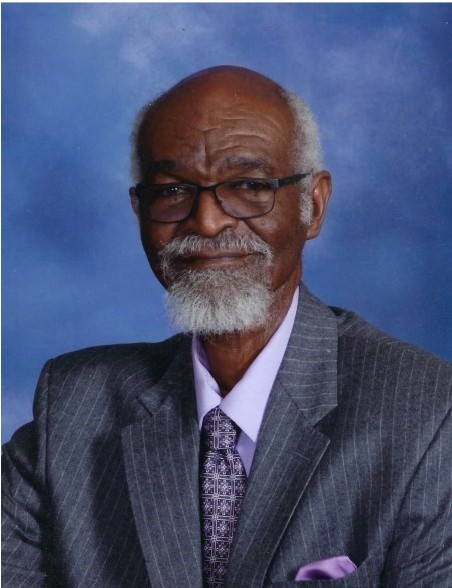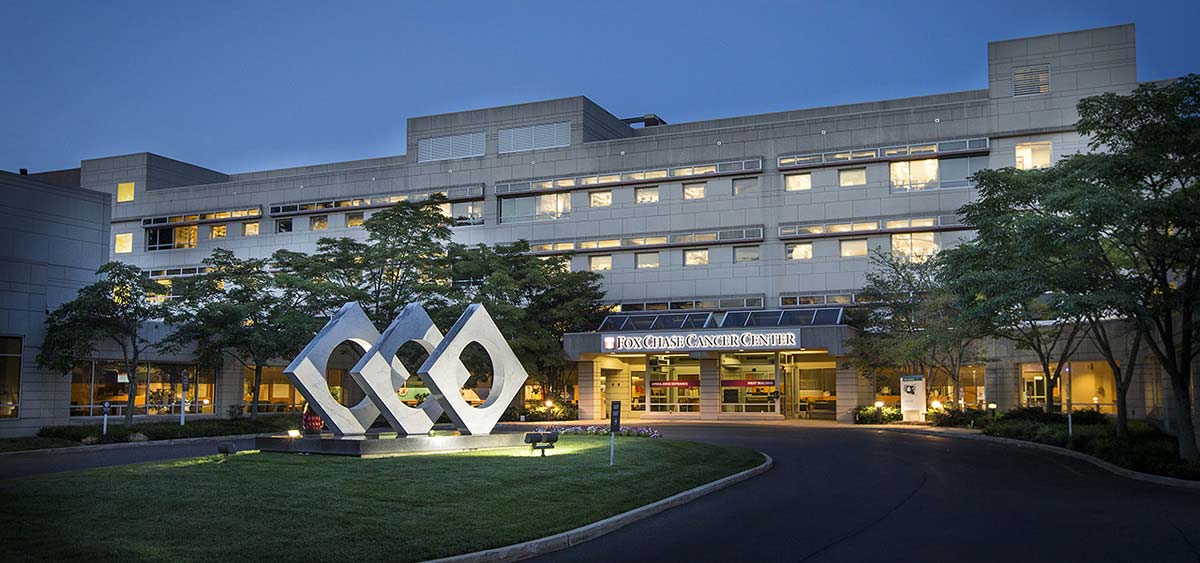
From the Co-Chairs, November 2019
November 1, 2019
Late Effects of Cancer
January 14, 2020Institution Spotlight: Fox Chase Cancer Center

West Building at dusk



By Martin Edelman, MD
Chair, Department of
Hematology/Oncology
Since its founding in Philadelphia in 1904 as one of the first cancer hospitals and research institutes in the United States, Fox Chase Cancer Center has been a leader in advancing cancer care in both the clinic and the lab. In 1974, Fox Chase became one of the first institutions to receive the NCl's elite designation as a Comprehensive Cancer Center.
Fox Chase prides itself on its major and continuing contributions to the three domains of cancer research: basic, clinical, and prevention. Two of the center's researchers have been awarded a Nobel Prize. Baruch S. Blumberg, MD, PhD, was awarded the Nobel Prize in physiology or medicine in 1976 for his work in identifying the hepatitis B virus and developing a vaccine for it. In 2004, Irwin A. Rose, PhD, was one of the recipients of the Nobel Prize in chemistry for his work studying the breakdown and recycling of proteins.
In 1960, David A. Hungerford, a graduate student at Fox Chase, and Peter C. Nowell, MD, of the University of Pennsylvania, discovered the Philadelphia chromosome, which established cancer as a genetic disorder. Alfred G. Knudson Jr., MD, PhD, developed the two-hit theory of cancer causation, which explained the relationship between hereditary and nonhereditary forms of cancer and predicted the existence of tumor-suppressor genes.
Fox Chase has contributed substantially to the development of novel therapeutics for the treatment of cancer. Robert F. Ozols, MD, PhD, Corey Langer, MD, and the late Robert Comis, MD, (former ECOG-ACRIN chair) led efforts that developed paclitaxel for the treatment of gynecologic and thoracic malignancies.
Hossein Borghaei, DO, MS, has been a leader in the development of immunotherapy, including as principal investigator for a study that led to the approval of nivolumab for the treatment of lung cancer. He currently leads EA5163, which will define the optimal approach to immunotherapy and chemoimmunotherapy for advanced non-small cell lung cancer.
Hossein Borghaei, DO, MS, has been a leader in the development of immunotherapy, including as principal investigator for a study that led to the approval of nivolumab for the treatment of lung cancer. He currently leads EA5163, which will define the optimal approach to immunotherapy and chemoimmunotherapy for advanced non-small cell lung cancer.
Lori Goldstein, MD, FASCO, is the institutional principal investigator for ECOG-ACRIN at Fox Chase and has led several major trials for drugs to treat breast cancer.
Efrat Dotan, MD, is a leader in researching and developing protocols for the treatment of elderly cancer patients, which is particularly pressing work given that older adults are the fastest-growing group of cancer patients in the United States. She has developed and will chair EA2186, which will attempt to define a standard therapy for patients over the age of 70 with newly diagnosed metastatic pancreatic cancer. It will also evaluate the association between geriatric risk factors and outcomes, as well as various biomarkers of aging.
David Weinberg, MD, a gastroenterologist and chair of the Department of Medicine, is leading a unique study that anticipates enrolling over 4,500 patients to evaluate strategies for the surveillance of pancreatic cysts.
Margaret von Mehren, MD, is exploring the problem of resistance with a study looking at combination therapies for gastrointestinal stromal tumors to overcome resistance found in clinical studies.
Elizabeth Plimack, MD, is a leader in the field of genitourinary malignancies and is investigating approaches to reverse the resistance of some bladder cancers to any prior immunotherapy checkpoint inhibitors.
In the fields of prevention and population science, Mary Daly, MD, PhD, created one of the first programs in the world to identify genetic risk factors associated with the development of cancer and provide appropriate counseling. Paul Engstrom, MD, former chair of Hematology/Oncology at Fox Chase, led some of the first trials of chemoprevention.
Fox Chase is a high accruing site for ECOG-ACRIN, a feat that could not be accomplished without the support of the over 100 staff members of the Office of Clinical Research, as well as the staff of the investigational pharmacy and the overall institutional commitment to clinical and translational research.
![ECOG-ACRIN logo[19516]275×75](https://blog-ecog-acrin.org/wp-content/uploads/2021/03/ECOG-ACRIN-logo19516275x75.png)
